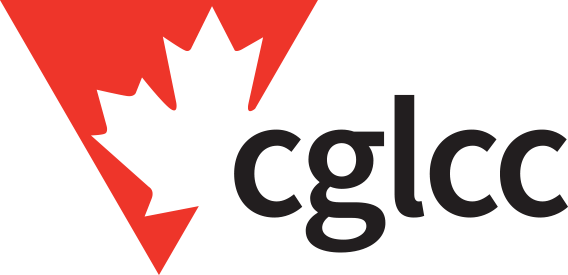As many as 90% of business failures around the world are due to poor financial management. Not marketing or labour problems, but simple, old-fashioned bad management. So how do we resolve this problem? We go back to basics and concentrate on financial literacy from an early age.
Too many individuals, young and old, simply do not have a basic understanding of things like budgets, inflation and interest rates. Although it’s unrealistic to expect everyone to possess sophisticated financial knowledge, some financial know-how is essential for making important life decisions related to money.
Building personal financial capabilities early in life can give people the foundation for financial well being in the future. Schools are an important channel to improve financial literacy. Studies in the U.S. have shown that financial education, when done properly, leads to an improvement in financial behaviour.
But there is still a long way to go. According to a survey of 13 million U.S. high school students, only one in six received mandatory financial education. And only 17 states require personal financial content to be included in educational curricula.
Of course, people want to make good financial decisions that set them up for success, but many have never had the opportunity to learn how. For instance, a significant number of American adults can’t pass a basic financial literacy test with three questions on stocks, interest rates and inflation.
Here’s a sample question:
Suppose you had $100 in a savings account and the interest rate was 2% per year. After five years, how much do you think you would have in the account if you left the money to grow?
-
More than $102
-
Exactly $102
-
Less than $102
Although 43% earned scores of three, meaning they correctly answered all the questions, and another 36% received scores of two, 21% got only one or zero questions right. Across all households, the average score was 2.2. Considering that the questions are relatively simple, those scores demonstrate why financial literacy needs to be prioritized by governing bodies, individuals and organizations throughout the world. (The correct answer in the sample question, by the way, is more than $102.)
In Canada, the Ontario Working Group on Financial Literacy concluded that students need to be financially literate to make more-informed choices in a complex and fast-changing financial world. Financial literacy education provides a critical set of lifelong skills, the report added. To that end, the group recommended that teachers be given professional training and resources to increase their knowledge of financial literacy topics that can be passed on to students. In addition, the report suggests that parents and families be invited to participate in the development of their children’s financial literacy education.
Financial literacy can be a hard sell for educators, who may not see the importance of adding it to the curriculum. But it is an important skill to help set young people up for success throughout their lives.




